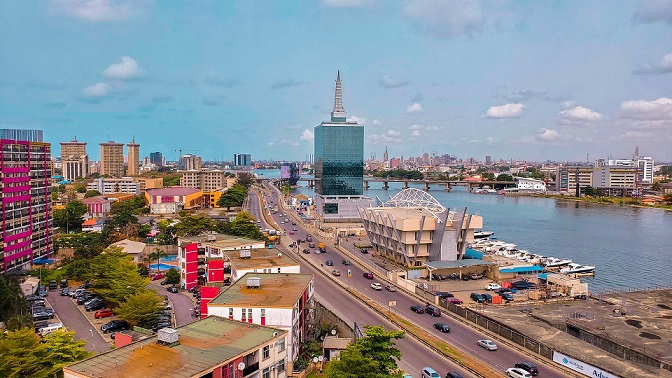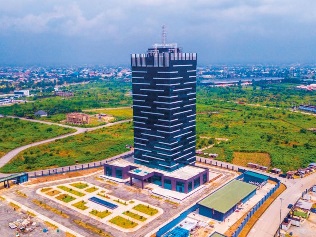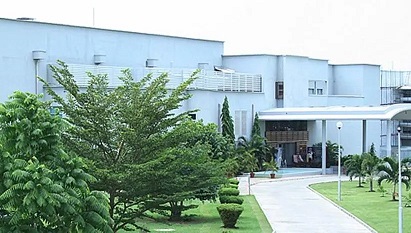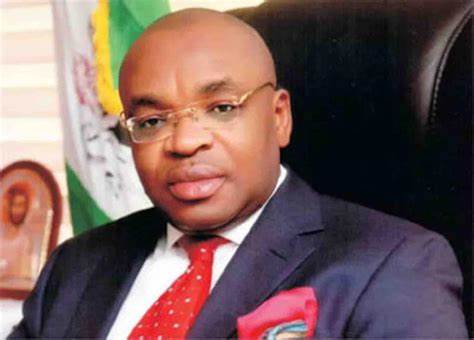Nigeria, with its large population of over 200 million people, half of whom are under the age of 30, is poised for economic transformation. This young, active workforce is not just a demographic statistic, but a powerful engine for growth and wealth creation.

Despite the global economic downturn caused by the COVID-19 pandemic, Nigeria’s economy demonstrated resilience, bouncing back with a growth of 3.4% in 2021. This resilience is a testament to the strength and adaptability of Nigeria’s workforce. It is this workforce that will continue to drive the country’s economic recovery and future growth.
Innovation and digitization are key drivers of this growth. Nigerian entrepreneurs are at the forefront of this digital revolution, innovating and digitizing every aspect of human engagement. This wave of digital transformation is creating new opportunities, driving economic growth, and paving the way for a more prosperous future.
The Nigerian government has also played a crucial role in this transformation. Through various reforms and development plans, the government has been successful in attracting Foreign Direct Investments (FDIs). These investments are expected to improve infrastructure, create job opportunities, and enable the workforce to contribute more effectively to wealth creation.
Furthermore, sectors such as agriculture, ICT, services, and fintechs are thriving and contributing significantly to Nigeria’s economic development. The active participation of the young workforce in these sectors is instrumental in driving this growth.
In conclusion, Nigeria’s young and active workforce is a significant asset that will continue to grow and create wealth. With the right support and opportunities, they have the potential to drive significant economic transformation in the country. As they continue to innovate, adapt, and grow, they will undoubtedly play a crucial role in shaping Nigeria’s economic future.







